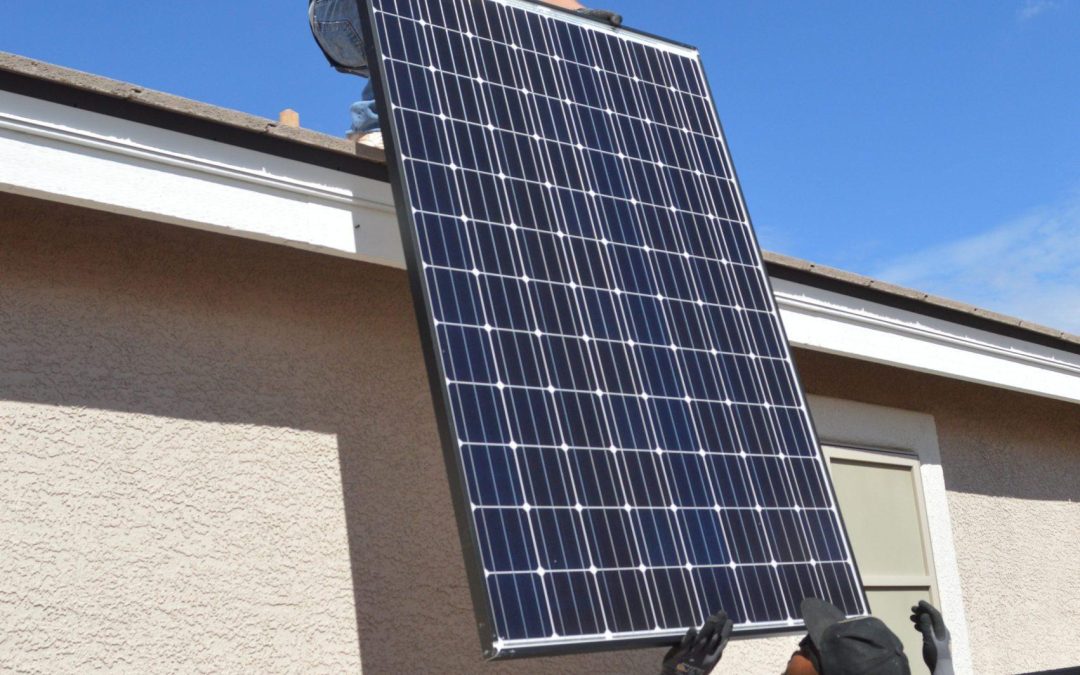When you hire a company to improve your home, whether that be roofing, plumbing or solar panels, you assume that they have a certain calibre of professionalism to be able to do business. Sadly that is not always the case, some contractors may not have all the necessary requirements to do the work safely and legally. Be sure to look into your contractor’s insurance policy before signing a contract.
 Things you should consider when you have outside contractors working on your property
Things you should consider when you have outside contractors working on your property
There are a few things you need to consider before starting a project with outside contractors. Injuries can occur at any time during large projects like solar panel installation. You have multiple people walking across your rooftop without a safety harness which can lead to an accident if they are not careful. Be sure to check the contractor’s insurance coverage before starting a job like this.
There are two ways to stay covered in the instance a worker is hurt on your property.
Contractor Insurance Options
Worker’s Comp:
Workers comp is a must with companies that want to keep their workers protected from any accidents. They understand that working on a tall roof can have its usual work dangers and that if someone is injured the homeowner won’t be liable for it. The only time that a homeowner may be liable if a company has Workers Comp is if the injury was caused by an unsafe working environment that wasn’t a part of the job. For example, if a worker comes to install solar panels on the roof and is injured through a broken patio stair when going to knock on the front door then you will be liable for damages. In any other case, workers comp will cover any injury and leave the homeowner not responsible. To check if a company has workers comp call their office before starting the project or check for coverage at the ewccv website.
Premises Insurance:
This is included in most homeowners insurance packages and covers you in case of a lawsuit or injury on your property. Premises insurance, if your home is a safe working environment, won’t usually be needed but it’s a good thing to have in the off chance that something does happen.
Licenses and Certification Checklist:
Individual Certifications
- All workers on the premises are required to have an OSHA 10 certification which the company will have copies of to verify.
- All of our leads on a job will have an OSHA 30 certification
- Anyone physically plugging in solar panels or working with the solar electrical is required to have an OSHA PV license.
- Company Licenses
- To do solar installations in Nevada, companies are required to have either a C2 electrical or C2-G solar PV license. Sol-Up has a C2 license because it doesn’t just cover solar but all electrical, so if extra work needs to be done on the electrical system to get your panels up and running we won’t have to hire an outside electrical company to do the work. A C2-G license will.
- Some solar companies with a C-37 license may try and sell you solar panel installation. Beware of these companies! A C-37 license is for solar thermal which is for solar pool heating. This is another version of a plumbing license since it works with water, not electrical. A C-37 license does NOT authorize this company to install electrical solar panels. This is not only illegal, but your system will suffer because of it as well.
As long as you keep these things in mind when it comes to contractor insurance and liability issue, and ask plenty of questions, your solar installation should be smooth sailing! We always recommend going with a well-known, highly rated company for any home improvements.
Thinking of going solar?
Are you thinking of going solar? Get your Las Vegas solar panel installation done right with Sol Up. We use only the best, most innovative solar technology and guarantee a great experience. Contact us now to get a quote!


